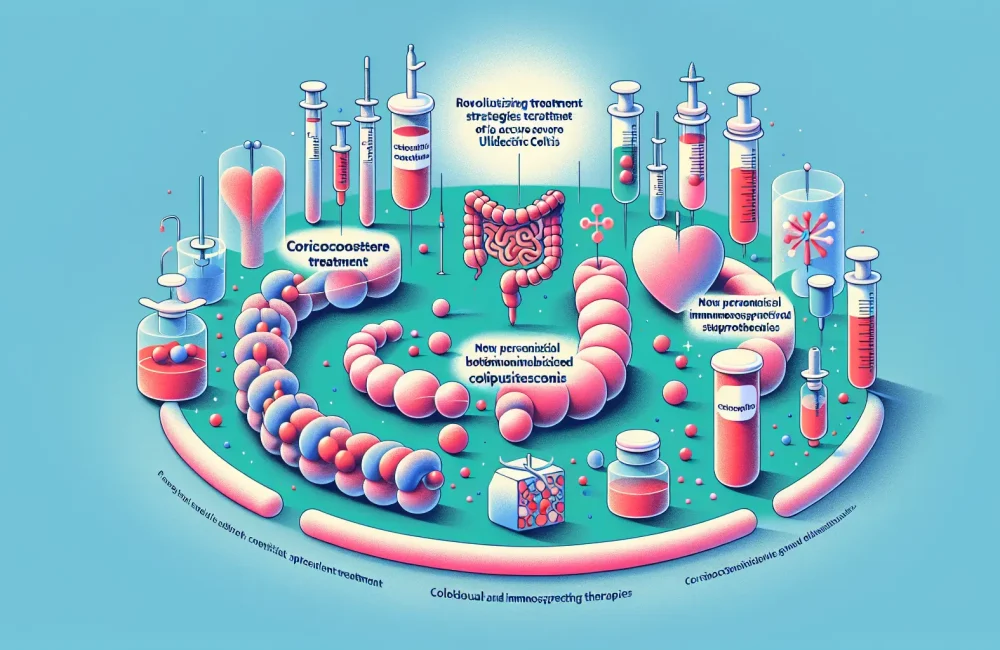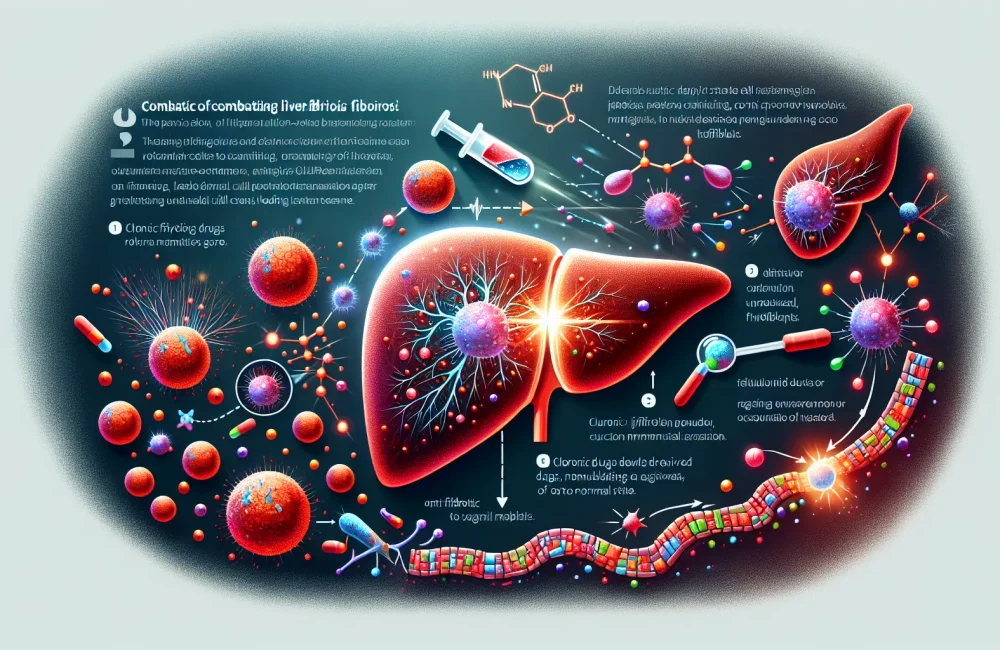By CAFMI AI From Gut Microbes (Open Access)
Gut-Lung Axis in Acute Lung Injury
Acute lung injury (ALI) and acute respiratory distress syndrome (ARDS) are serious inflammatory lung conditions often encountered in critical care. They are characterized by widespread damage in the lungs, causing difficulty in oxygen exchange and leading to high mortality. Recent research has uncovered a complex connection called the gut-lung axis, which highlights how the gut microbiota can influence lung health and disease. The gut microbiome impacts the immune system beyond the intestine, affecting inflammatory responses in the lungs. Disruption in gut bacteria balance, termed dysbiosis, and weakening of the gut barrier can lead to harmful bacteria or their products entering the bloodstream. This translocation can promote systemic inflammation, thereby worsening lung injury and complicating the disease course in ALI/ARDS patients. Clinicians should be aware that the gut-lung axis is a dynamic pathway linking intestinal and pulmonary health, offering new perspectives for understanding lung disease mechanisms.
Microbial Metabolites and Immune Regulation
Microbial metabolites, including short-chain fatty acids (SCFAs), tryptophan metabolites, and secondary bile acids, play vital roles in immune modulation that can affect lung inflammation and repair. These metabolites help regulate lung immune cells like alveolar macrophages and promote anti-inflammatory responses, potentially reducing lung tissue damage. Studies in animal models have shown that these microbial products can influence the severity and progression of ALI/ARDS by enhancing regulatory T-cells and other protective immune mechanisms. This evidence suggests that maintaining a healthy gut microbiome may help modulate immune responses in the lungs and offers potential targets for therapeutic intervention. For clinicians, this highlights the importance of considering systemic factors including gut health in managing lung injury and inflammation.
Therapeutic Perspectives and Clinical Implications
Therapeutic strategies targeting the gut microbiota are emerging as promising approaches to prevent or treat acute lung injury and ARDS. These include the use of probiotics, prebiotics, and fecal microbiota transplantation aimed at restoring the balance of gut bacteria, strengthening the gut barrier, and modulating immune responses to reduce lung inflammation. Although clinical trials are still needed to confirm safety and efficacy in humans, these interventions may eventually become valuable adjuncts in critical care. The role of gut microbes opens a new avenue for developing biomarkers and novel treatments to improve patient outcomes in ALI/ARDS. For primary care physicians, understanding the gut-lung axis and its therapeutic potential is important for early recognition and possibly for coordinating care with specialists in critical and respiratory medicine.
Read The Original Publication Here






